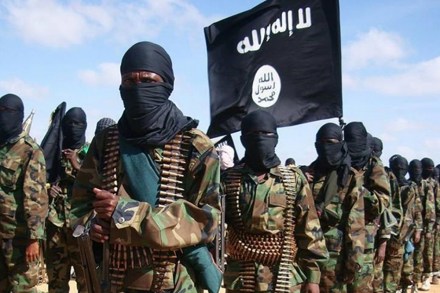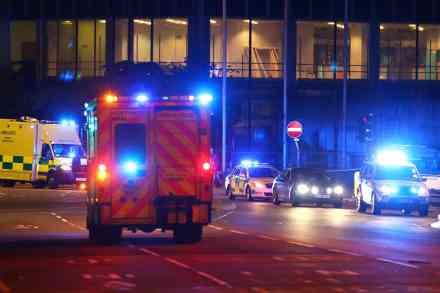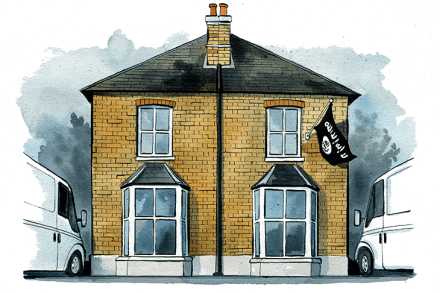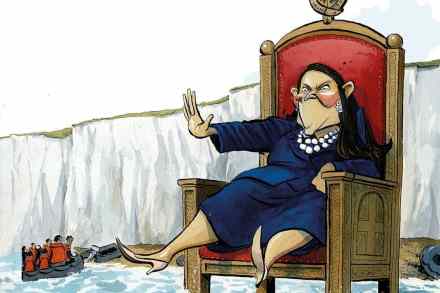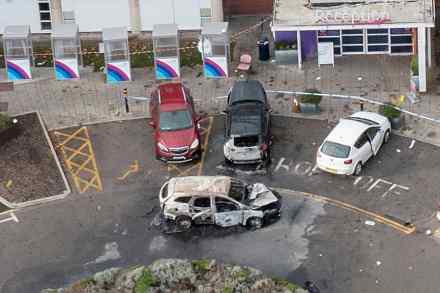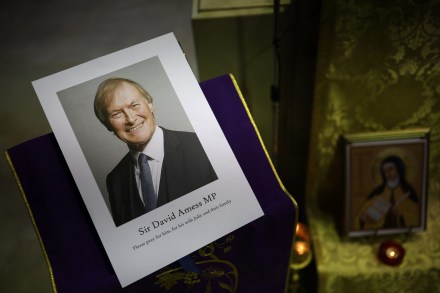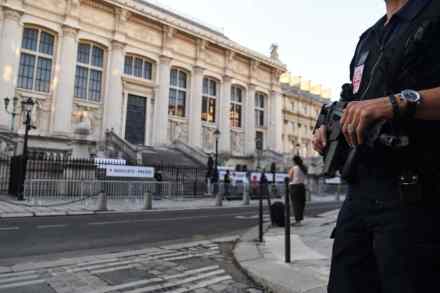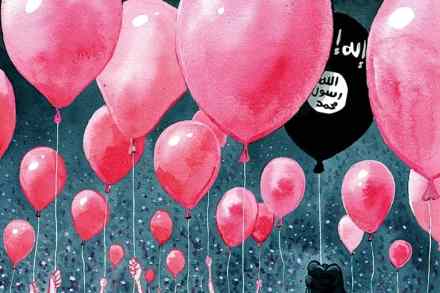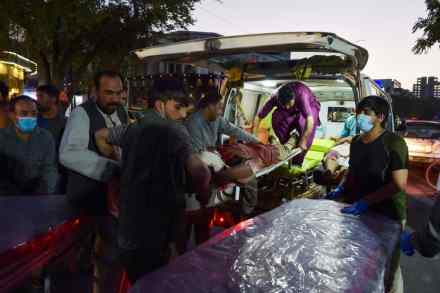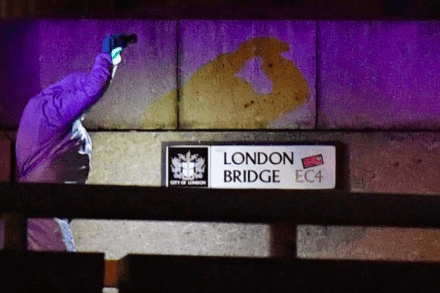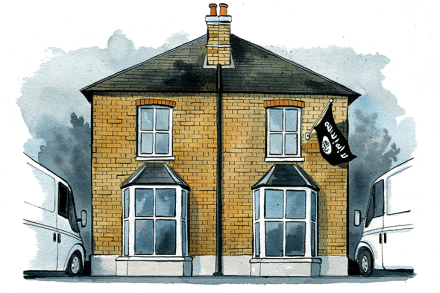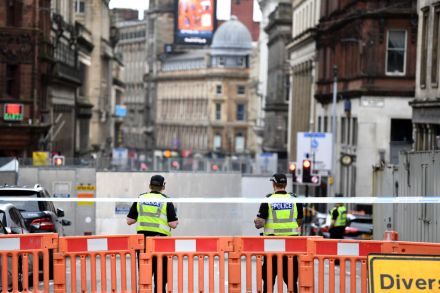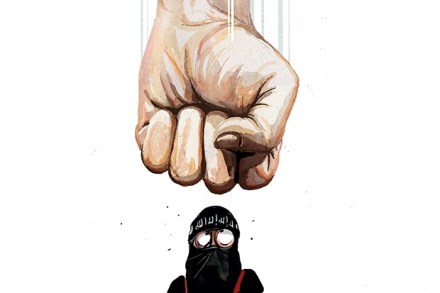The unstoppable rise of Send
As students go back to school this September, headteachers across the country are being forced to confront a system in crisis. While children reconnect with their friends and swap stories of the summer holidays, an ever-increasing number will have a little ‘S’ next to their name on the register – for Send, or Special Educational Needs and Disabilities. Startlingly, one in five students in England are now recorded as having Send. Policy Exchange’s new report, Out of Control, finds that the number of children given Education, Health and Care Plans (EHCPs) – designed to support those with the most severe needs that schools cannot normally provide for – has increased by










